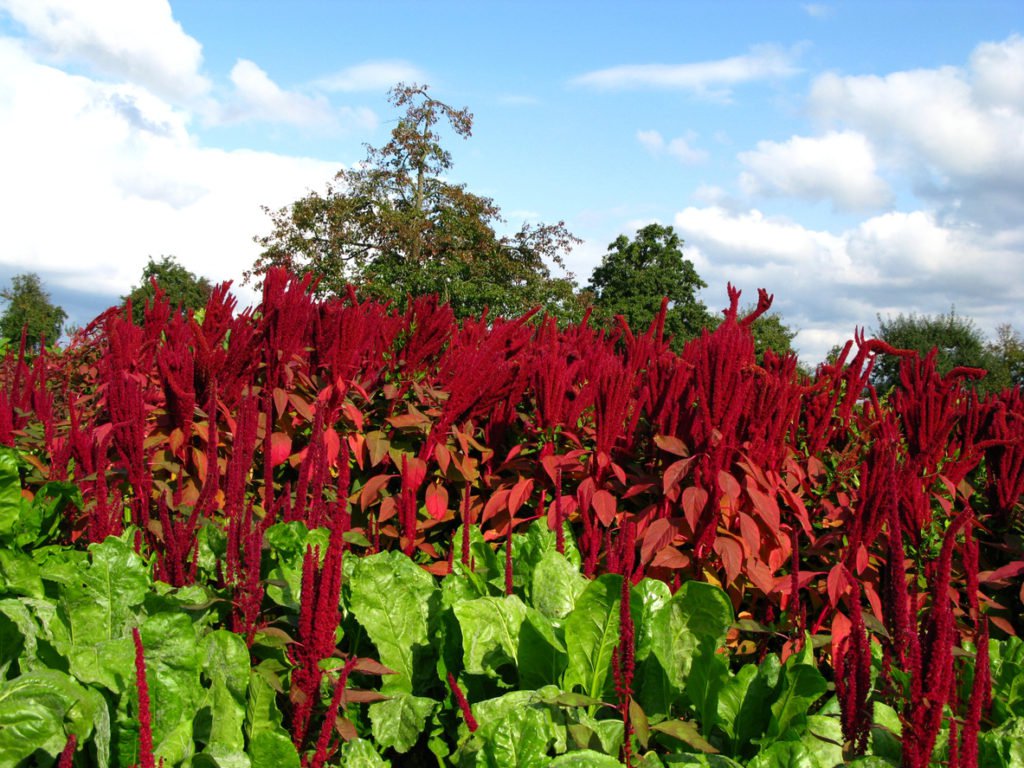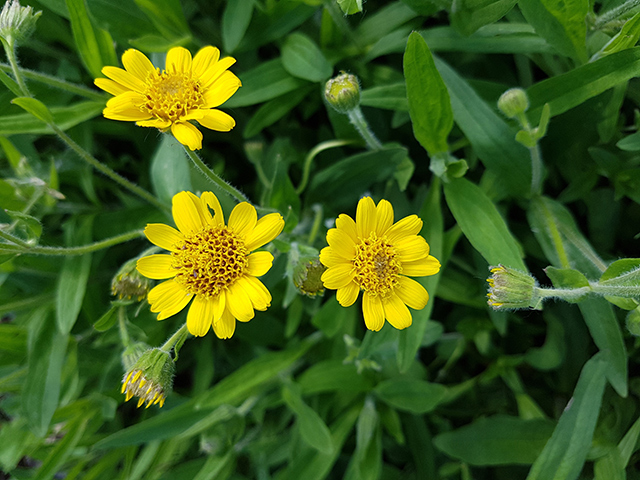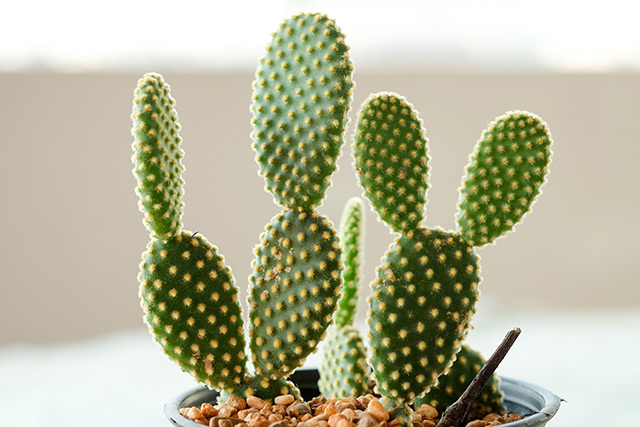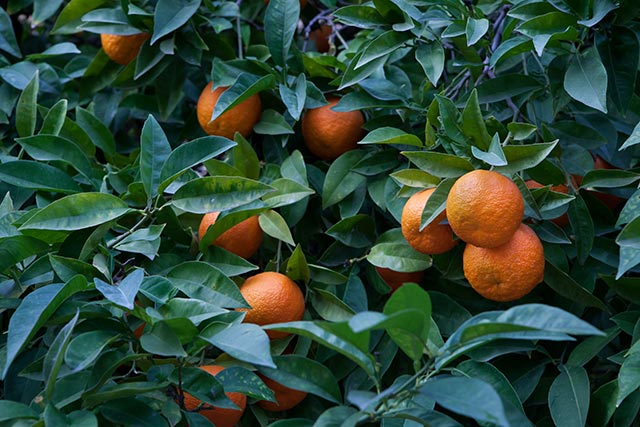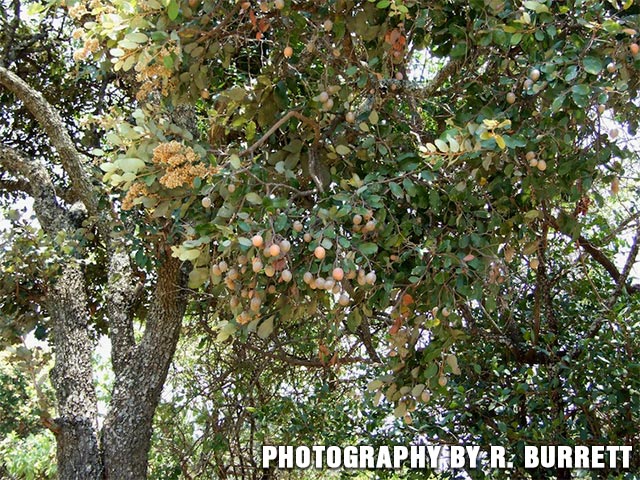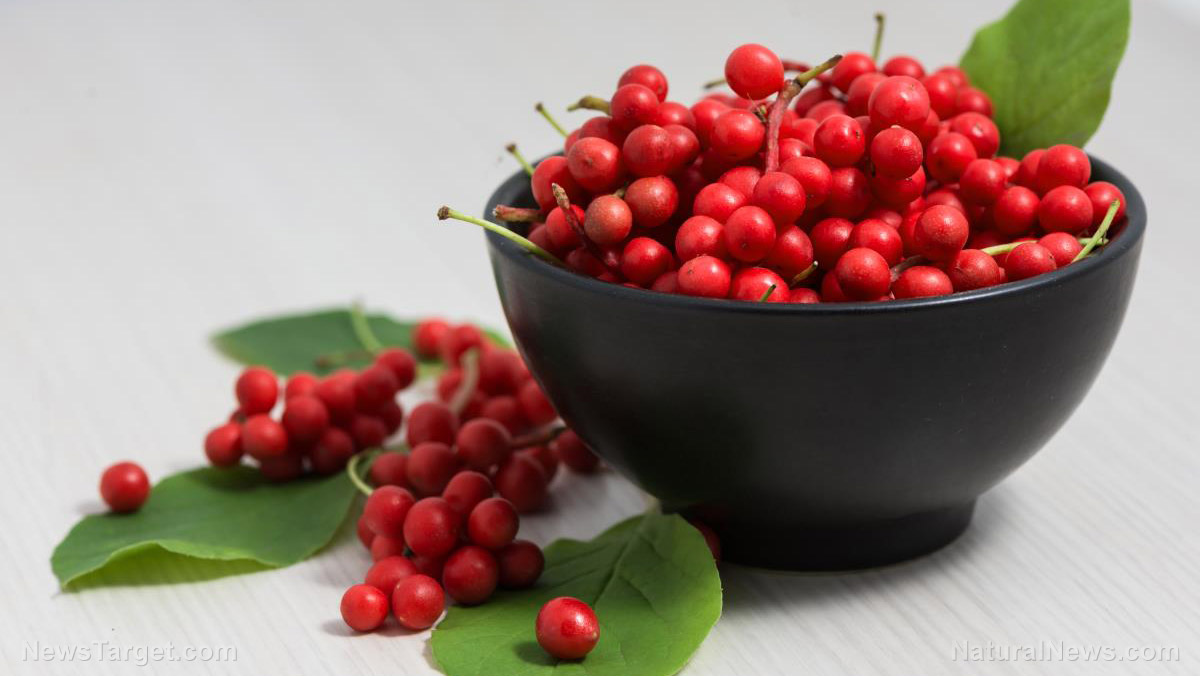New alternative cancer remedies found in yarrow and marigold
12/27/2018 / By Edsel Cook

Two cousins from the Asteracea family of plants could possibly provide a natural approach to treating pancreatic cancer. Based on the findings of a Spanish study, extracts of the common marigold (Calendula officionalis) and yarrow (Achillea millefolium) could slow down or even stop the growth of cancer cells.
Pancreatic cancer is the fifth deadliest cancer around the world. It causes 70,000 deaths each year. In its early stages, the disease is treated through surgery and chemotherapy. As pancreatic cancer progresses, existing chemotherapeutic drugs like 5-fluorouracil and nab-paclitaxel become less effective on cancer cells. This has prompted researchers to look for alternative means.
Many plants contain compounds that display anti-cancer activity. They affect the molecular pathways involved in the development and progression of the tumor. Their different approach lets them kill cancer cells without harming healthy cells. (Related: Bitter melon can lower blood sugar levels and even prevent cancer.)
Marigold, yarrow, lemon balm, and marjoram considered for anti-cancer adjuvants
A research team from the Madrid Institute for Advanced Studies on Food (IMDEA-Food) built upon their earlier research involving marigold, yarrow, and two members of the Lamiaceae family: Lemon balm (Melissa officinalis) and marjoram (Melissa officinalis).
In the previous study, the researchers used supercritical fluid extraction (SFE) to extract compounds from the plant. The remaining vegetable material was further extracted through the ultrasonic-assisted extraction (UAE) method. This two-step extraction method gets the most out of the ingredients.
All four plants have been shown to exhibit anti-tumor properties by past studies. However, the current study is the first to look at extracts produced through environmentally-friendly means.
In this study, the SFE and UAE steps are considered to be “green.” They reduce the amount of waste and do not use artificial chemicals. Their effectiveness as potential adjuvants for treating pancreatic cancer was tested on cancer cell cultures.
Tests show marigold has the greatest promise, followed by yarrow
SFE extracts of marigold and yarrow were able to reduce the viability of pancreatic cancer cells. The higher the dose, the better the inhibitory effect. Lemon balm and marjoram SFE extracts, on the other hand, did not work at all.
For the UAE-derived extracts, the yarrow extract proved to be the most effective. Meanwhile, the ethanol-based UAE extracts were not effective.
Having determined that the marigold and yarrow SFE-derived extracts were the most promising candidates, they were tested on cultured PANC-1 cells. This line of pancreatic cancer cells is fairly resistant to chemotherapy.
Of the two, marigold was able to inhibit the growth of cancer cells and kill the tumor. The yarrow extract did not have any effect on the drug-resistant cancer cells.
The researchers also tested the UAE-derived yarrow extract on the PANC-1 cancer cells. The extract was shown to work on the drug-resistant line.
Potentially complementary anti-cancer adjutants
The researchers also found that marigold and yarrow SFE extracts achieved their inhibitory effects on cancer cells through similar yet different means. They both used Caspar 3/7 cleavage to trigger cellular death, but they also used different signaling pathways to activate that process. Marigold also encouraged the population of necrotic cells to skyrocket.
Likewise, marigold and yarrow stop the transformation of healthy cells into cancerous tumors. Yarrow achieves this by reducing the rate of transformation, which halts the formation of the 3D colony. Marigold, meanwhile, breaks up the integrity of the colony, preventing the cancerous structure from further building up.
Their findings led the researchers to conclude that marigold and yarrow extracts offer an effective, safe, and eco-friendly way of support pancreatic cancer treatment.
If you wish to read more stories about cancer-fighting plants like marigold and yarrow, visit PreventCancer.news.
Sources include:
Tagged Under: alternative medicines, cancer cures, cancer solution, cancer tumors, herbal medicines, Herbs, Lemon Balm, marigold, Marjoram, medicinal herbs, natural cures, natural medicine, natural remedies, pancreatic cancer, pancreatic cancer treatment, plantmedicine, remedies, research, Yarrow

